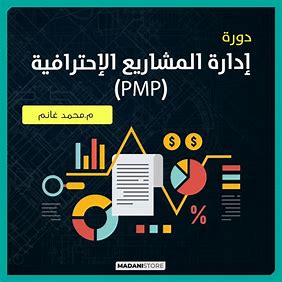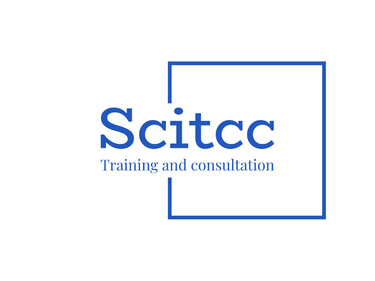
Professional Project Management
Professional Project Management
$5200.00
Program axes
Day 1: Introduction to Project Management
Definition of project management: concept and importance.
Project life cycle: from idea to closure.
The essential skills for project management: planning, execution, monitoring, and closure.
The different types of projects: large, small, and complex projects.
Introduction to Project Management Methodologies: such as PMBOK and Agile methodologies.
Day 2: Planning and Documentation
Creating the project plan: defining the objectives, scope, and timelines.
Preparing a project timeline using tools like Gantt Chart.
Identifying the required resources: from work teams to tools.
Risk management: How to identify risks and develop plans to mitigate them.
Day 3: Project Execution and Management
Effective team leadership: communication and motivation skills.
Work progress monitoring: Tracking progress compared to the set plans.
Quality management: ensuring the quality of work and final products.
Change management: How to handle project modifications.
Day 4: Financial Management and Relations
Budget preparation and cost management: techniques and practices for monitoring and estimation.
Stakeholder management: How to deal with different parties in the project.
Effective communication: Strategies for exchanging information smoothly.
Negotiation and conflict resolution: dealing with conflicts and crises.
Day 5: Project closure and evaluation
Project closure: How and when to successfully complete the project.
Documentation and final reports: How to present a brief report on project results.
Final evaluation and analysis: Lessons learned to improve future projects.
Final assessment for participants: a test or practical project to ensure full understanding.
Teaching method:
Face-to-face: The course is offered directly with the instructor, whether in classroom sessions or interactive workshops.
Interactive: The lectures are combined with practical workshops to share hands-on experiences and discuss real-life scenarios.
Continuous assessment: short tests, group discussions, and case study reviews.


